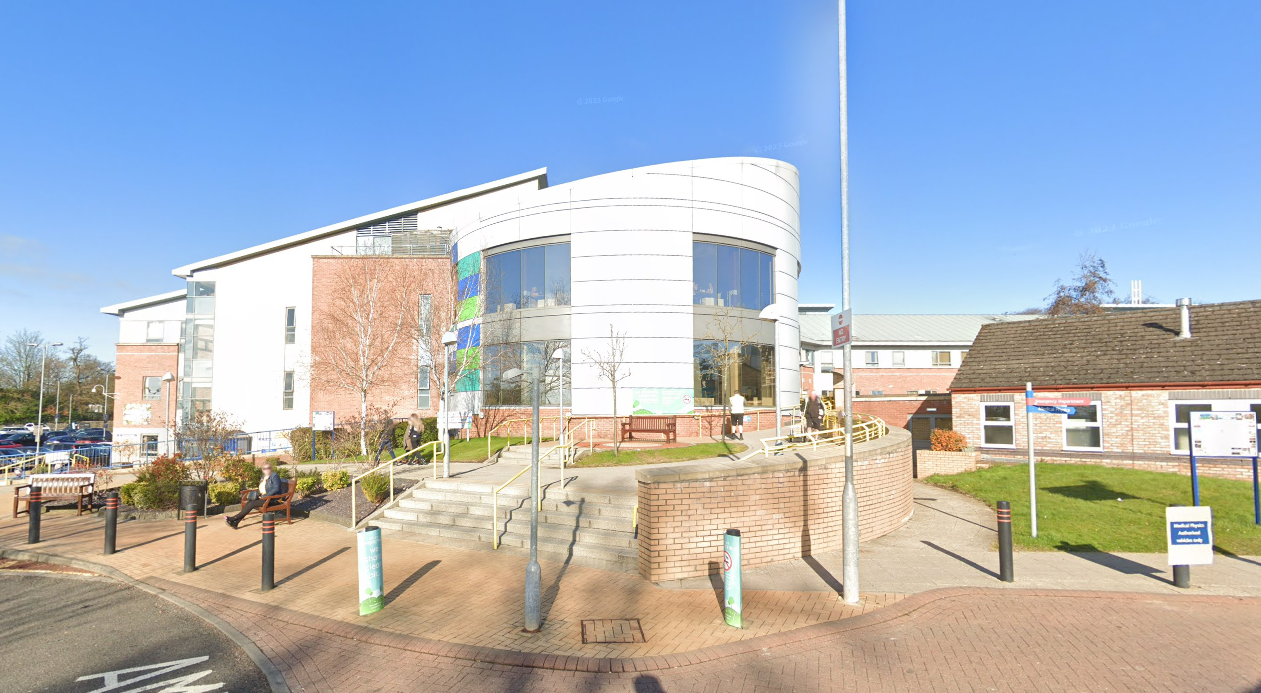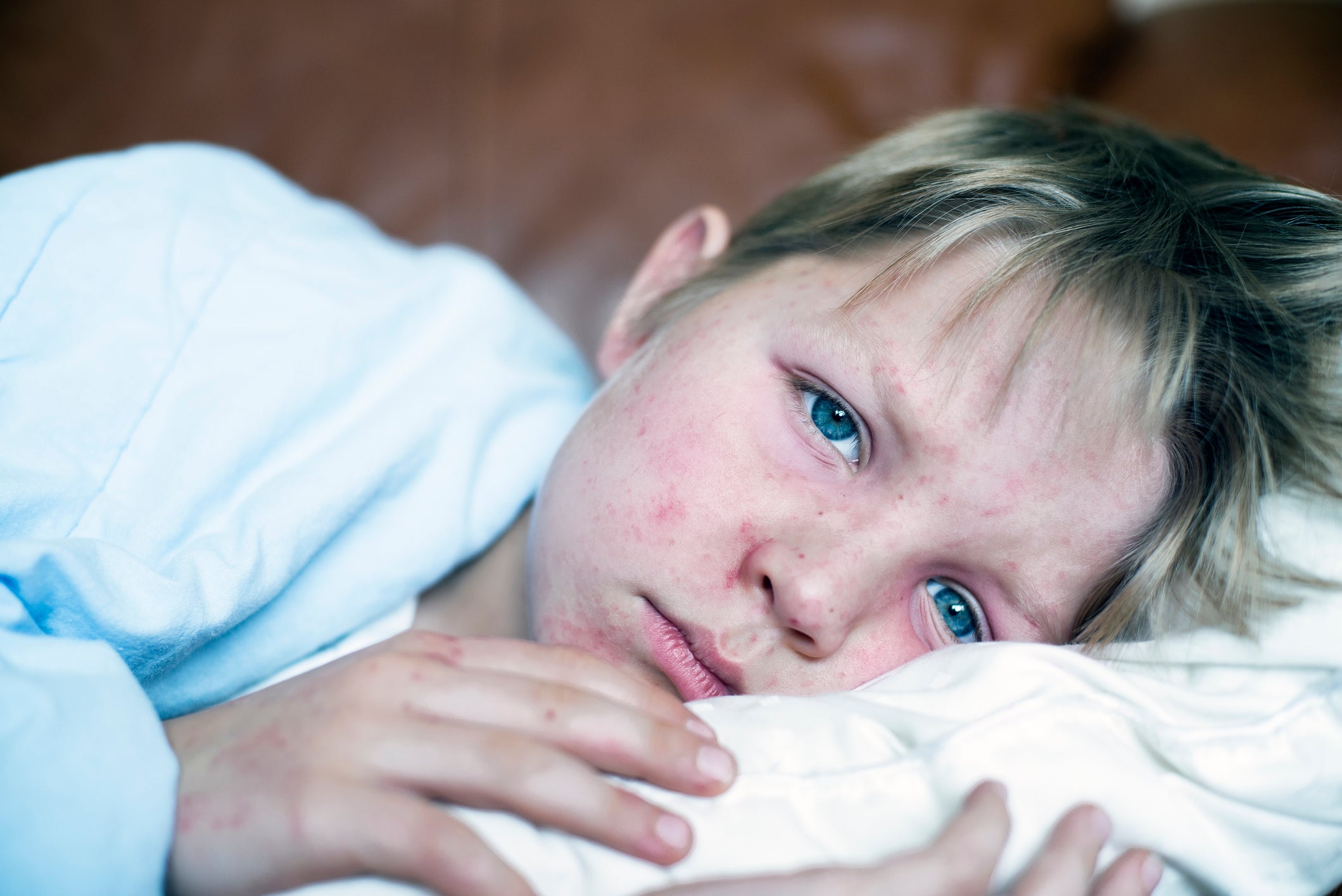Measles warning issued to patients who visited Durham’s A&E
An NHS trust has warned patients who were at the hospital last Friday between 9pm and midnight

Your support helps us to tell the story
From reproductive rights to climate change to Big Tech, The Independent is on the ground when the story is developing. Whether it's investigating the financials of Elon Musk's pro-Trump PAC or producing our latest documentary, 'The A Word', which shines a light on the American women fighting for reproductive rights, we know how important it is to parse out the facts from the messaging.
At such a critical moment in US history, we need reporters on the ground. Your donation allows us to keep sending journalists to speak to both sides of the story.
The Independent is trusted by Americans across the entire political spectrum. And unlike many other quality news outlets, we choose not to lock Americans out of our reporting and analysis with paywalls. We believe quality journalism should be available to everyone, paid for by those who can afford it.
Your support makes all the difference.An NHS trust has issued a warning to patients who visited Durham’s A&E department that they may have been exposed to measles.
People who attended University Hospital of North Durham (UHND) between 9pm and midnight on Friday 24 May could have been affected.
A spokesman for County Durham and Darlington’s NHS trust said: “You (and anyone with you) may have had contact with a person who had measles.
“This means that if you (or your child if they were with you) are not fully vaccinated against measles with two doses of the measles, mumps and rubella (MMR) vaccine, you or your child may be at risk of developing measles.”

The trust added: “You should speak to your GP or NHS 111 if you or your child get a high temperature with a cough, runny nose, sore red eyes or rash in the 3 weeks after attending the A&E at UHND at the same time as someone with measles.”
They added the disease spreads easily and people could become unwell quickly.
This latest warning comes as the number of cases rises across the UK, after a breakout was seen towards the end of 2023 in the West Midlands.
Signs and symptoms of measles include cold-like symptoms such as a runny nose, sneezing and a cough.
Other symptoms include sore red eyes, a temperature of 38 degrees Celsius or above, and a rash, which usually appears on the head and neck first and spreads to the rest of the body.

The last major measles outbreak in the UK was just over 10 years ago and saw 1,920 confirmed cases in England in 2012 with a further 1,414 in 2013.
The rapid increase in cases that began towards the end of last year was initially driven by a large outbreak in Birmingham, but activity there “has now stabilised” and more recently there has been a rise in cases in London with “smaller clusters ongoing in other regions”, the UKHSA said.
Around 63 per cent of those contracting the disease are children under the age of 10, with a drop in vaccination rates given as one of the reasons to blame for the recent increase.
Only 84 per cent have had both MMR vaccine doses by the age of five, with the figure needing to be above 90 per cent to prevent outbreaks.
Under UKHSA guidance, hospitals are required to trace and contact anyone who may have been exposed to the disease. Face-to-face contact of any length or more than 15 minutes in a small, confined area, where correct PPE is not worn is considered as an exposure and will require follow-up.
Join our commenting forum
Join thought-provoking conversations, follow other Independent readers and see their replies
Comments